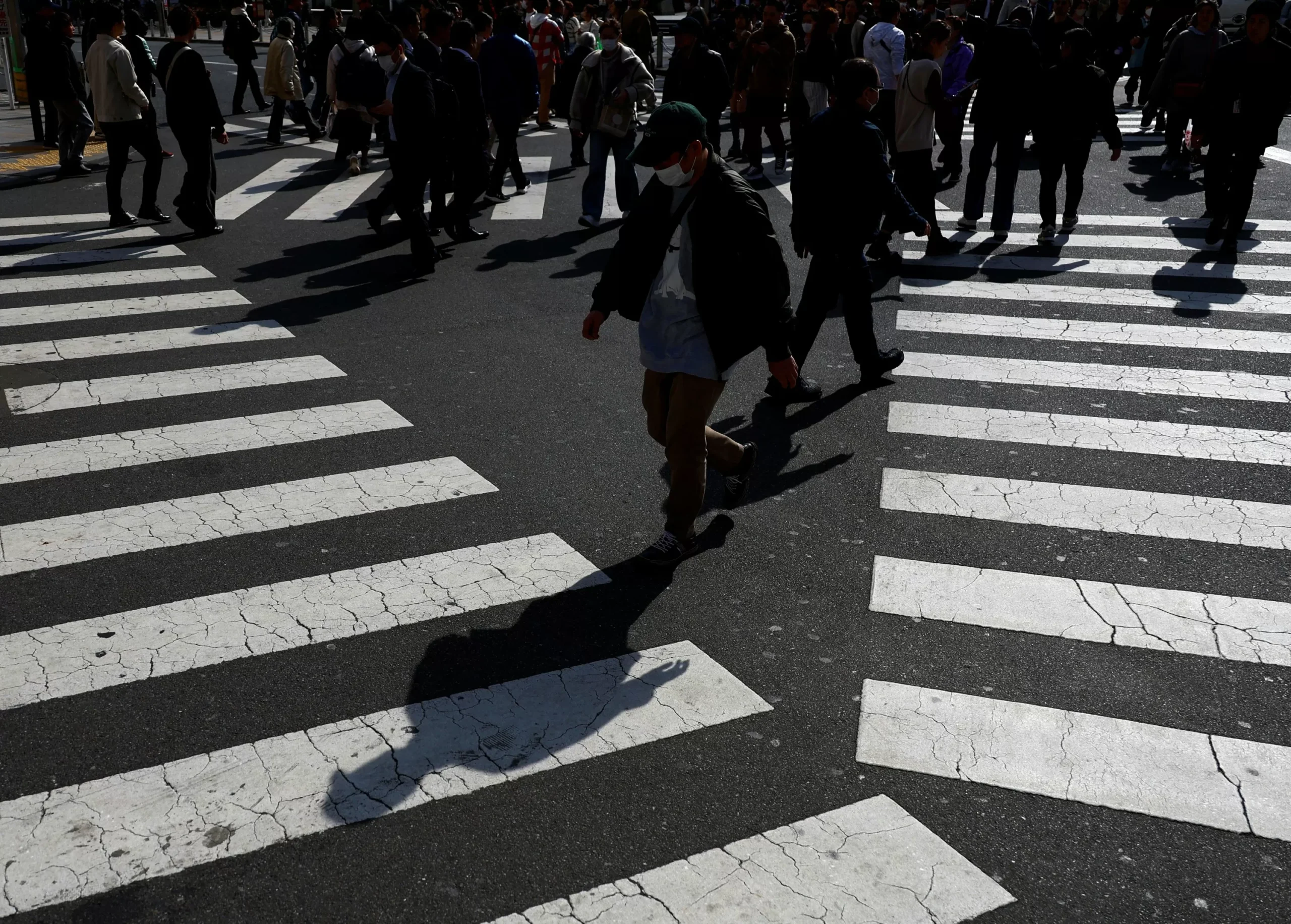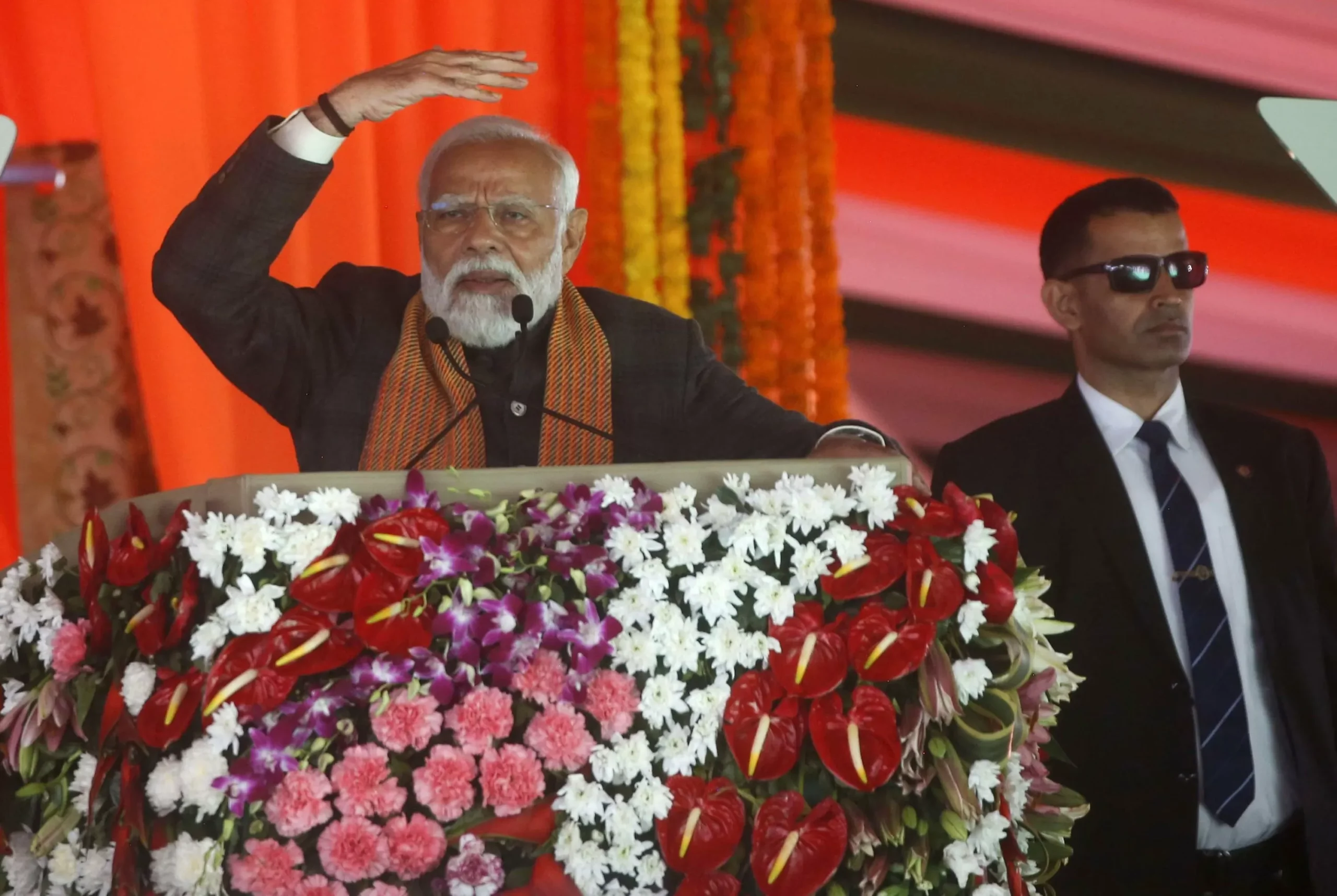There has been a disturbing and concerning surge in anti-Muslim rhetoric in Japan following Israel’s recent attacks on Gaza. This is according to Kayyim Naoki Yamamoto, a respected Japanese academic and member of Marmara University Institute of Middle Eastern Studies.
In a recent interview, Yamamoto expressed his deep concern over the rise in anti-Muslim sentiment in Japan, particularly since the start of the ongoing conflict in Gaza. He noted that this negative discourse has been fueled by the mainstream media’s biased coverage of the situation, which often portrays Muslims as violent and aggressive.
“The media has a powerful influence on public opinion, and unfortunately, many Japanese people are being misled by the one-sided reporting that paints Muslims as the enemy,” Yamamoto stated. “This has led to a surge in Islamophobia and hate speech against Muslims in our country.”
It is no secret that Japan has a relatively small Muslim population, estimated to be around 100,000 people. Unlike other developed countries, Japan has not been a prime destination for Muslim immigrants, which has resulted in a lack of understanding and awareness about Islam in the country. This has made the Muslim community in Japan vulnerable to discrimination and prejudice.
Yamamoto emphasized the need for education and awareness in order to combat the growing anti-Muslim sentiment in Japan. He believes that by educating the public about the true teachings of Islam and the peaceful nature of the religion, we can break the cycle of hate and fear that is being perpetuated by the media.
He also stressed the importance of promoting interfaith dialogue and understanding. “Japan is a country known for its harmony, respect, and tolerance towards different cultures and religions. We must continue to uphold these values and foster a culture of acceptance and inclusion,” Yamamoto stated.
The academic also called on the Japanese government to take a stronger stance against hate speech and discrimination towards Muslims. He urged authorities to introduce stricter laws that would punish those who spread hateful and divisive rhetoric.
Yamamoto’s concerns are not unfounded. In recent months, there have been several incidents of anti-Muslim hate speech and discrimination in Japan. In March, a mosque in Kobe was vandalized with threatening messages. In April, a Muslim scholar was denied entry to a public bathhouse in Saitama due to his faith. These incidents are a cause for alarm and must be addressed immediately.
Moreover, the rise in anti-Muslim sentiment is not only a concern for the Muslim community in Japan but also for the country’s reputation as a peaceful and welcoming nation. Japan has always been known for its hospitality and respect for diversity, and this surge in hate speech goes against these values.
It is crucial for the Japanese people to understand that the conflict in Gaza should not be used as an excuse to spread hate and discrimination towards an entire community. We must remember that the actions of a few do not represent the beliefs of an entire religion. It is essential to separate politics from religion and to promote a culture of empathy and understanding.
In conclusion, the surge in anti-Muslim rhetoric in Japan following Israel’s attacks on Gaza is a cause for concern. It is necessary for the media to present a balanced and objective view of the situation and for the government to take a stand against hate speech and discrimination. Education, awareness, and interfaith dialogue are key to combatting this negative discourse and fostering a more tolerant and inclusive society. Let us work together to promote peace and harmony in our country and the world.





![Complete BritRail Pass Guide [Types, How to Use It, Pros + Cons]](https://inside-news.uk/wp-content/uploads/2025/06/00221EB4-BCA2-4DBB-6CD4-83DBC37D71FA-120x86.webp)
















